Please help with most useful herb tips!
pedalpusher
18 years ago
Related Stories
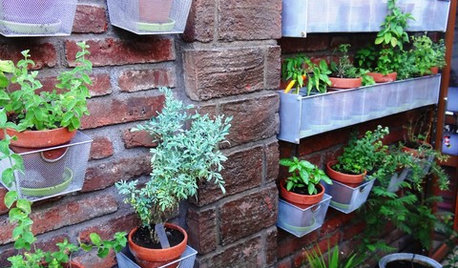
GARDENING GUIDES9 Fresh Herbs for Crowd-Pleasing Thanksgiving Dishes
Pluck these herbs from a windowsill pot or a garden for a Thanksgiving meal that sings with fresh flavor
Full Story
DECORATING GUIDESThe Most Helpful Furniture Piece You May Ever Own
Use it as a table, a seat, a display space, a footrest ... and indoors or out. Meet the ever-versatile Chinese garden stool
Full Story
KITCHEN DESIGNPlain-Sight Storage for the Kitchen Stuff You Use Most
Turn essential cookware, tools and even spices into design assets by displaying them out in the open
Full Story
MOVINGRelocating Help: 8 Tips for a Happier Long-Distance Move
Trash bags, houseplants and a good cry all have their role when it comes to this major life change
Full Story
WORLD OF DESIGNEngland’s Most Famous Garden Designer Has These Tips for You
Lancelot 'Capability Brown' was born 300 years ago, but his ideas about naturalistic landscape design may be more relevant than ever
Full Story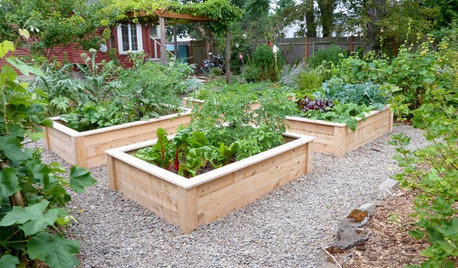
GARDENING GUIDES12 Tips to Help You Start an Edible Garden
Get on your way to growing your own vegetables with a raised bed or a few containers on the patio
Full Story
THE HARDWORKING HOMESmart Ways to Make the Most of a Compact Kitchen
Minimal square footage is no barrier to fulfilling your culinary dreams. These tips will help you squeeze the most out of your space
Full Story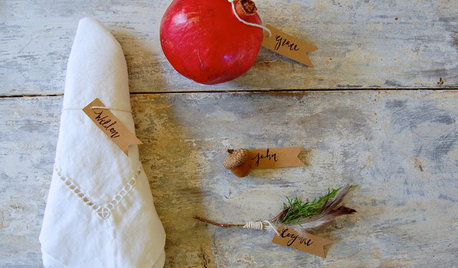
LIFEYou Said It: 'Don't Use Your Phone' and Other Tips of the Week
Memorable tips, tricks and quips from around Houzz this week. What are yours?
Full Story
DECORATING GUIDES10 Bedroom Design Ideas to Please Him and Her
Blend colors and styles to create a harmonious sanctuary for two, using these examples and tips
Full Story






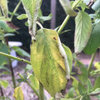
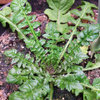
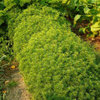
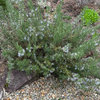
Heathen1
pedalpusherOriginal Author
Related Professionals
Manorville Landscape Architects & Landscape Designers · Milwaukee Landscape Architects & Landscape Designers · Montgomeryville Landscape Architects & Landscape Designers · Parole Landscape Architects & Landscape Designers · Peabody Landscape Contractors · Bergenfield Landscape Contractors · Bloomington Landscape Contractors · Golden Gate Landscape Contractors · Lake Saint Louis Landscape Contractors · Melrose Park Landscape Contractors · San Carlos Park Landscape Contractors · Seminole Landscape Contractors · York Landscape Contractors · Cape Coral Roofing & Gutters · Minnetonka Roofing & Guttersjlgreg
pedalpusherOriginal Author
Daisyduckworth
granite
jules7ky
Octogenarian
pedalpusherOriginal Author
erockybalboa
natasha90
granite
luvr29